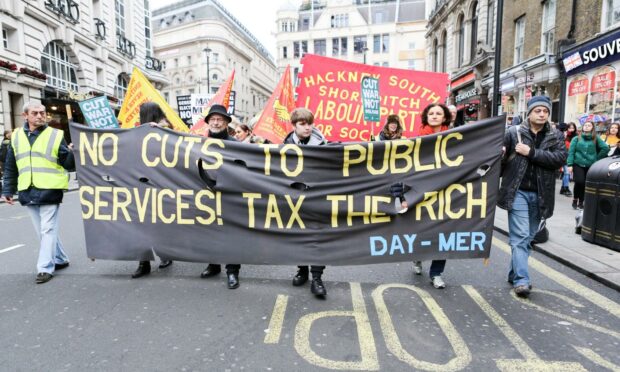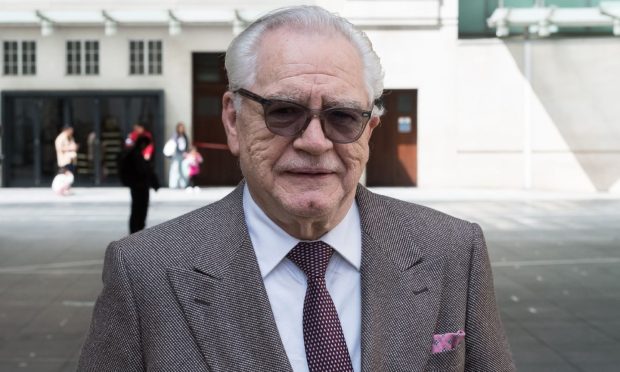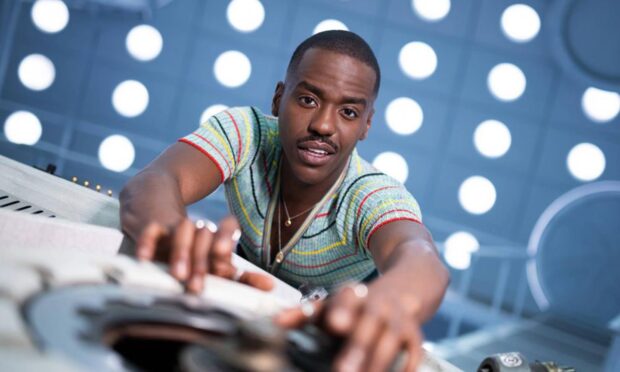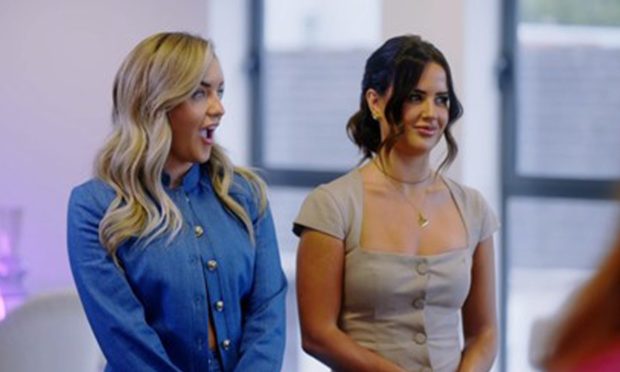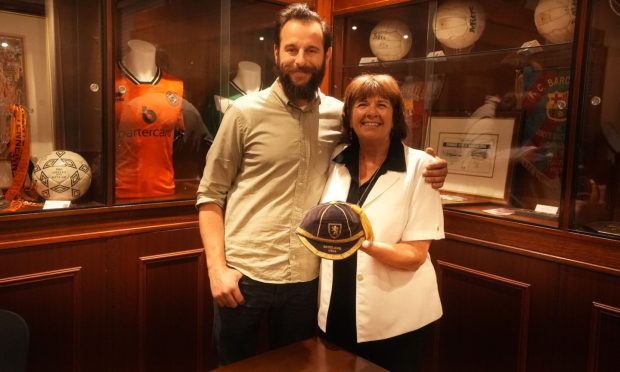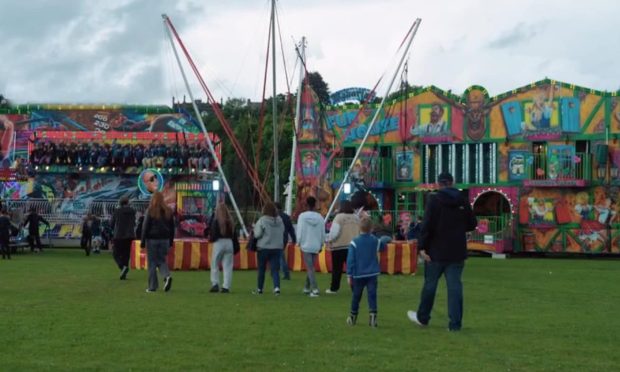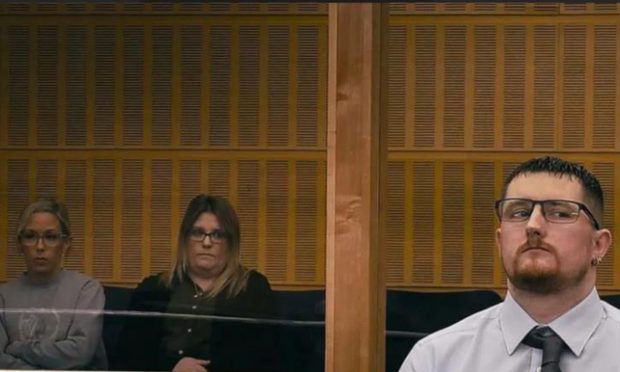This week was the week of the jaw-dropping documentary, beginning with the second and final episode of The Decade the Rich Won (BBC Two).
It’s not quite a work of documentary perfection, with its overblown, Apprentice-style incidental music and fearsome chunks of illustrative text scraping across the screen.
But it’s still no exaggeration to say that it explains the political reality of the last 15 years more comprehensively and succinctly than just about anything else out there.
‘A bank run amok’
The story begins on the morning of Tuesday the 7th of October 2008 at the offices of RBS in New York, described by one insider as at that time “a bank run amok.”
The UK’s then Chancellor of the Exchequer Alistair Darling takes a call from RBS’ chairman Tom McKillop “which shook me to the core.”
The bank was going to run out of money that afternoon.
Faced with financial Armageddon, the Bank of England’s governor Mervyn King wrote a metaphorical £36bn cheque to the bank.
The ripple effect
There’s a general consensus that this was the right thing to do, saving economic collapse and the possible loss of untold jobs and businesses.
But it’s the next chapters in the story that this documentary told, the ripple effect of what happened next in society.
The Bank of England arrives with a bold idea, the “unconventional monetary policy” of quantitative easing.
Essentially creating new money, £200bn of it by November, to get the economy moving. Up pops noted investor Guy Hands to explain what happened.
“Money goes in and it’s attracted to money,” he spells out. “If you‘ve got money and more money appears, you will get it.”
More talking heads appear, including George Osborne and Nick Clegg who, to their credit, try and account for what went on economically during the coalition government.
Although Osborne’s eventual contention that Brexit wouldn’t have happened if the public had conveniently ignored the Panama Papers is spectacularly unconvincing.
Austerity starts to bite
Austerity bites, and it appears to have been unavoidable, with the UK’s debts five time that of the economy.
Even Jeremy Corbyn tells of campaigning during the 2010 election while knowing austerity was on the bill.
Protesters take to the streets, inequality widens, traders get bolder, the rich get richer, the economy stalls and everyone else flounders.
Everything that emerges is convincingly portrayed as a symptom of this ballooning public anger against the elites, including Brexit, as Donald Trump’s former advisor Steve Bannon makes plain.
There are heroes and villains throughout this outstanding piece of history in action, depending on the viewer’s own position, and most of them are onscreen trying to explain themselves.
If there’s a star of the show, it might be former star Citibank trader turned ‘inequality economist’ Gary Stevenson, a Del Boy for the 21st Century with the inside track and a willingness to let us have it.
And now for fantasy
From documentary reality to documentary fantasy.
Also recommended is Storyville: Misha and the Wolves (BBC Four), a film about a young girl named Misha Defonseca.
Misha survived the Holocaust by roaming Europe and braving packs of wolves on the way.
But did she really? And is she even Misha? For an era of fake news, this unsettling film has its own perfect timeliness.
